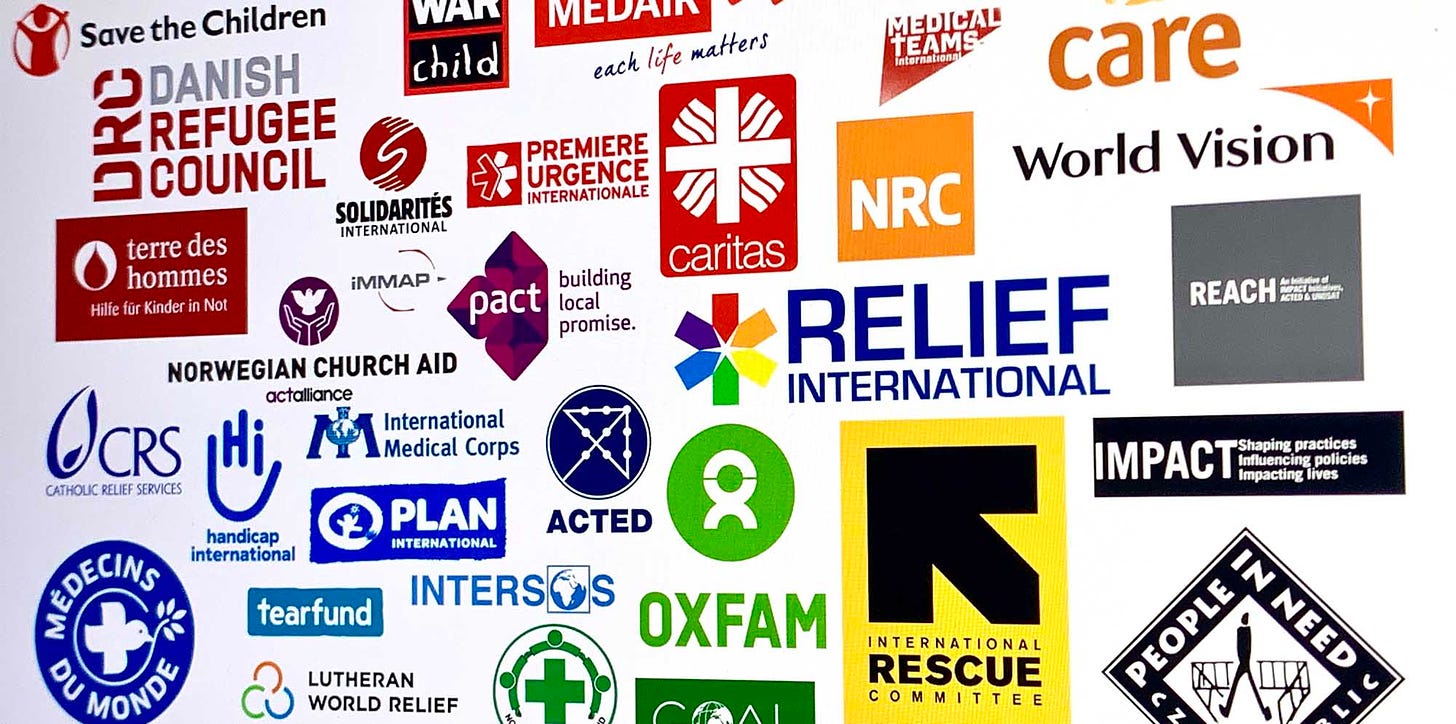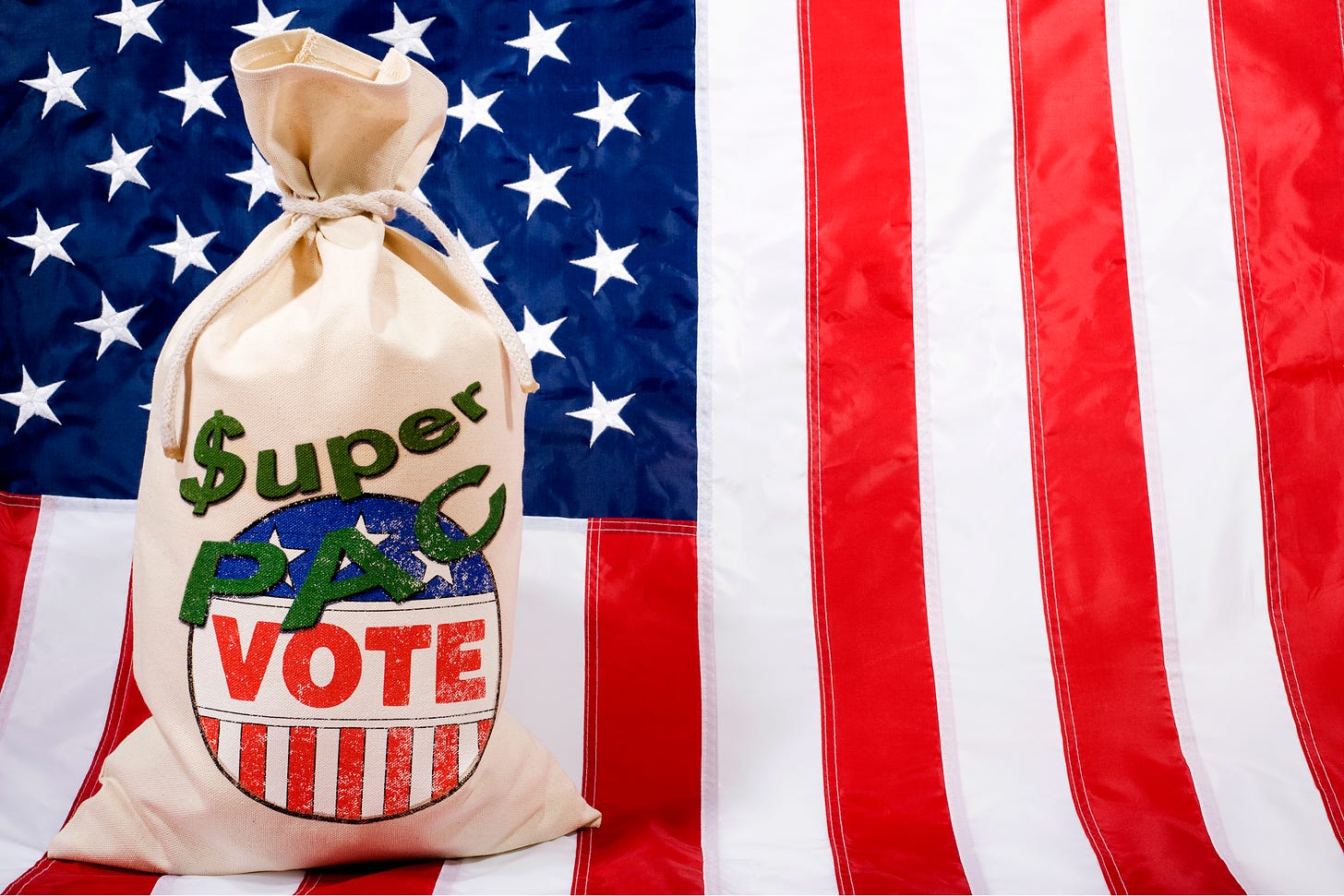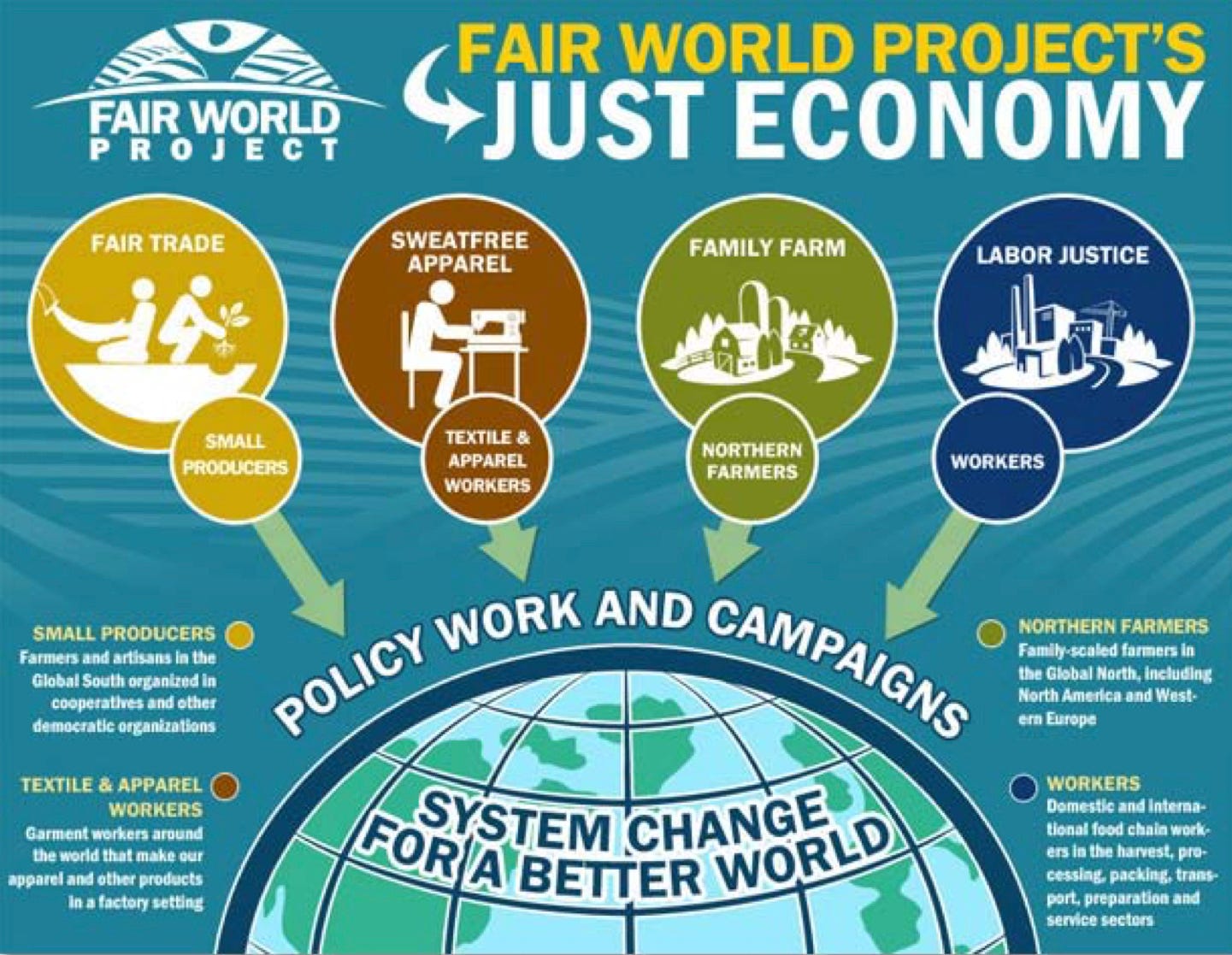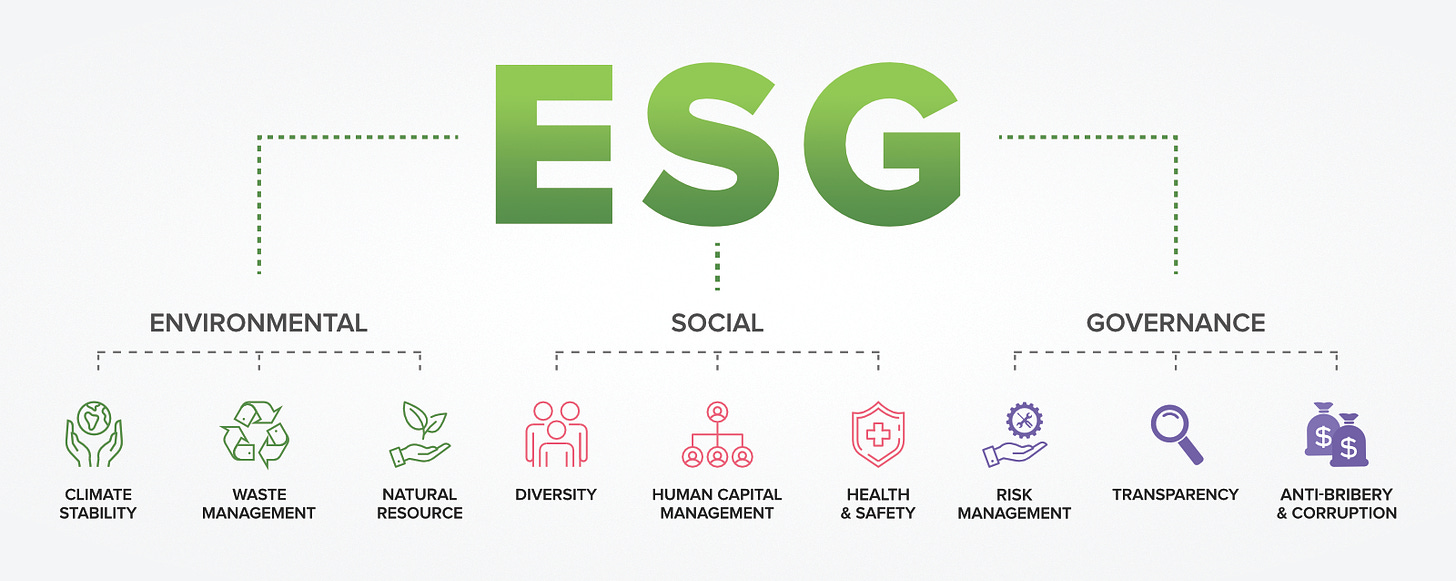Part 3: Corrupt Entities in Action
As Blackstone Corporation and NeoNation consolidated their power at the state level, their sights turned to the broader national landscape. Their strategy involved infiltrating key government agencies, growing their network of NGOs, and packing political parties, super PACs, PACs, and 527 groups. The aim was clear: to weaken governmental oversight, manipulate legislation, and secure influential political positions, thereby creating an environment ripe for exploitation.
Blackstone Corporation’s relentless pursuit of profit knew no bounds. The corporation's influence stretched far beyond state lines, with its tentacles reaching deep into the fabric of national politics. Their greed drove them to seek control over vital national resources and infrastructure, ensuring that their interests were protected and promoted at every level.
Influence on Legislation:
Through aggressive lobbying and strategic donations, Blackstone Corporation influenced national legislation to favor their expansive business interests. They crafted policies that eased regulatory burdens, provided substantial tax breaks, and dismantled protections that once safeguarded the public and environment. Lawmakers, enticed by the promise of economic growth and substantial campaign contributions, often turned a blind eye to the long-term ramifications of these legislative changes.
Government Agencies
HHS (Health and Human Services):
Blackstone Corporation and NeoNation infiltrated HHS, undermining its ability to regulate effectively. Key positions within the agency were filled with individuals sympathetic to corporate interests. This led to weakened oversight of healthcare providers and pharmaceutical companies, resulting in widespread healthcare disparities and exploitation of vulnerable populations.
ORR (Office of Refugee Resettlement):
The ORR, responsible for the care and resettlement of refugees and unaccompanied minors, was also compromised. Corrupt officials within the agency prioritized deadly over protection, leading to mismanagement and neglect. Reports of missing children and inadequate care became alarmingly frequent, but investigations were stymied by those in power.
DHS (Department of Homeland Security):
At DHS, Blackstone Corporation’s influence ensured that security contracts and infrastructure projects were awarded to their subsidiaries and affiliates. This not only funneled vast sums of taxpayer money into corporate coffers but also compromised the effectiveness of national security measures. The prioritization of profit over public safety created vulnerabilities that were exploited by NeoNation to further their destabilizing agenda.
Border Patrol
The Border Patrol, critical in managing and securing the nation's borders, was not immune to corruption. Blackstone Corporation’s influence led to the appointment of officials who prioritized corporate interests over effective border management. This resulted in policies that favored the privatization of detention centers and the outsourcing of border security to corporations, creating a chaotic and inefficient system.
NGOs
Blackstone Corporation’s expanded its network of 501(c)(3) NGOs, ostensibly focused on charitable work but primarily serving as vehicles for corporate influence. These organizations funded research and public campaigns that supported Blackstone Corporation’s narrative, while diverting funds intended for social programs into projects that benefited the corporation.
The 501(c)(4) entities played a crucial role in lobbying and political advocacy. These organizations mobilized grassroots support for policies favorable to Blackstone Corporation and NeoNation, while also engaging in aggressive lobbying efforts to influence lawmakers. Their activities ensured that corporate interests were well-represented in political discourse, often at the expense of the public good.
Political Parties
Super PACs, funded by dark money from Blackstone Corporation and NeoNation, played a pivotal role in shaping national elections. These organizations ran extensive advertising campaigns, targeting key swing states and districts to sway public opinion. Their influence extended to both major political parties, ensuring that candidates sympathetic to their cause were elected.
PACs
Traditional PACs, while limited in the amount of money they could directly contribute to campaigns, were instrumental in funding local and state-level races. By supporting a wide array of candidates across the political spectrum, Blackstone Corporation and NeoNation ensured that their interests were represented at every level of government.
527 Groups
The use of dark money through 527 groups allowed Blackstone Corporation and NeoNation to funnel substantial sums into the political process without disclosure. These funds supported everything from issue advocacy to direct candidate support, creating an opaque system where the true sources of political influence were hidden from public view.
The strategic deployment of resources by 527 groups allowed for manipulation of election outcomes. By targeting key districts and employing sophisticated data analytics, these groups could sway elections in favor of candidates who would further Blackstone Corporation and NeoNation's agendas. This manipulation extended to the use of disinformation campaigns, designed to confuse and mislead voters.
As Blackstone Corporation and NeoNation's influence grew, the effects began to ripple across the national landscape. The infiltration of government agencies, the strategic deployment of NGOs, and the manipulation of the political process created an environment where corporate greed and foreign interests dictated national policy. The stage was set for a broader national crisis, with the border becoming a flashpoint for the impending chaos. The nation teetered on the brink, with the very fabric of its constitutional Republic under threat.
Part 4: Coalition of Corruption
Having firmly established themselves within state governments and successfully manipulating the political landscape, Blackstone Corporation and NeoNation turned their sights on solidifying their influence on national policy. Through a web of coercion, deceit, and blackmail, they tightened their grip on the politicians they had installed, ensuring unwavering loyalty to their agenda. The repercussions of this insidious infiltration began to manifest most visibly at the nation’s borders, where policies crafted under their influence wreaked havoc and put countless lives at risk.
Financial Alliances
With substantial financial backing from MegaCorp and NeoNation, corrupt officials within various states secured critical legislative positions. This financial muscle allowed them to dominate political campaigns and secure elections, further entrenching their power. The influx of corporate funding ensured that key policy decisions would align with MegaCorp’s interests, irrespective of the public good.
These officials exerted control over state budgets and financial resources, directing funds towards projects that benefited Blackstone Corporation and its allies. Infrastructure developments, public contracts, and grants were all funneled towards corporate interests, diverting resources from essential public services and deepening economic inequalities.
Global Economic Systems
Blackstone Corporation’s dominance in key economic sectors led to the aggressive exploitation of natural resources. Environmental regulations were weakened, allowing for unchecked mining, drilling, and deforestation. This exploitation not only caused severe environmental damage but also displaced local communities and destroyed livelihoods.
By monopolizing markets, Blackstone Corporation eliminated competition and dictated terms that maximized their profits. Essential goods and services became more expensive, and quality suffered as the corporation prioritized profit margins over consumer welfare. This market dominance stifled innovation and growth, creating an economic environment where only the largest and most powerful entities could thrive.
Legislative Bodies
At both state and national levels, officials who owed their positions to Blackstone Corporation’s and NeoNation began to wield their power to further entrench corruption. These officials, often compromised by their past indiscretions and under the threat of blackmail, enacted policies that eroded regulatory frameworks and undermined democratic institutions.
Legislation was crafted and manipulated to benefit corporate interests. This included laws that favored deregulation, tax incentives for large corporations, and policies that marginalized small businesses and local communities. The influence of these corrupt officials ensured that public policy was increasingly skewed to serve the interests of the few at the expense of the many.
Think Tanks
Think tanks funded by Blackstone Corporation’s produced research that supported the corporation’s agenda. These reports, often biased and lacking in scientific rigor, were used to justify harmful policies and to mislead both the public and policymakers. The veneer of legitimacy provided by these think tanks helped to obscure the true motives behind policy decisions.
Policy recommendations from these think tanks were crafted to appear beneficial while actually serving corporate interests. Misleading data and analyses were presented as fact, swaying public opinion and providing cover for corrupt officials to implement policies that furthered the agenda of Blackstone Corporation’s and NeoNation.
ESG Principles
To placate public concern, Blackstone Corporation’s touted its adherence to Environmental, Social, and Governance (ESG) principles. However, this compliance was largely superficial.
Environmental initiatives were limited to token efforts, social responsibilities were neglected, and governance practices were opaque and corrupt.
Public relations campaigns painted a picture of a responsible and ethical corporation, masking the underlying reality of exploitation and corruption. This deception kept the public in the dark about the true nature of Blackstone Corporation’s operations, allowing the corporation to continue its harmful practices without significant backlash.
Impact on the Border and National Policy
The culmination of Blackstone Corporation and NeoNation’s influence was most starkly visible at the national borders. The president, elected with substantial support from these entities, enacted an open border policy that led to an unprecedented influx of migrants. Border states were overwhelmed, and the already strained resources of agencies like DHS and Border Patrol were stretched to the breaking point.
The NGOs, which were supposed to provide support and services to these vulnerable populations, were riddled with corruption. Instead of aiding those in need, these organizations diverted billions in grant funding and taxpayer dollars to their own coffers. The result was a humanitarian crisis, with countless children and families left in perilous conditions. Reports of abuse, neglect, and even deaths among migrant children highlighted the severe consequences of unchecked power and corruption.
Part 5: Societal Decay
As Blackstone Corporation and NeoNation’s grip on the nation tightened, the consequences of their unchecked power and corrupt practices began to surface in the most horrific ways. The border crisis spiraled out of control, exposing the depth of the systemic corruption and its devastating impact on vulnerable populations.
Reports of children being trafficked into slavery and sex trafficking emerged, with rumors of organ harvesting painting an even darker picture. The true scale of the crisis at the border was staggering, and the holding facilities, overwhelmed and unable to cope, started releasing people without proper background checks. The fabric of American society, once held together by trust and moral fortitude, was now fraying at the edges.
Vulnerable Populations
The number of missing children grew into the tens of thousands, with many being funneled into human trafficking rings. The tragic stories of children sold into slavery and sex trafficking shocked the conscience of the nation.
Reports surfaced of organ harvesting, highlighting the brutal exploitation and commodification of human lives. The failure of government agencies to protect these children was a stark indictment of the corruption that had taken root.
The border was a flashpoint of chaos. Overwhelmed by the sheer volume of migrants, border facilities became overcrowded and dangerous. Basic amenities were scarce, and the lack of proper vetting led to the release of individuals with criminal backgrounds into the general population. The open border policy, paired with corruption and mismanagement, had turned a humanitarian crisis into a national security threat.
Public Welfare
As the corruption and bad policies trickled down, crime rates soared. Communities that once felt safe were now plagued by violence and criminal activities. The influx of unvetted individuals contributed to the surge in crime, stretching law enforcement resources thin and eroding public safety.
The sense of security that Americans once took for granted was now a distant memory. Economic instability followed the rise in crime. Blackstone Corporation’s monopolistic practices had driven up prices for essential goods and services, making it increasingly difficult for average Americans to make ends meet. The cost of living skyrocketed, with gas, food, and rent becoming unaffordable for many. The wealth gap widened, and poverty rates soared, pushing more people into desperation and hopelessness.
Social Impact
The American culture, known for its resilience, innovation, and strong community ties, was under severe attack. Blackstone Corporation and NeoNation's policies promoted a consumerist and materialistic ethos, eroding traditional values and moral standards. The relentless pursuit of profit overshadowed the community’s well-being, leading to a cultural shift that valued profit and power over integrity and solidarity.
The pervasive corruption and manipulation led to a deep erosion of trust in public institutions and leaders. People began to lose faith in the ability of their government to protect and serve them. This growing mistrust created a fractured society where cynicism and apathy replaced civic engagement and community spirit. The once strong and united social fabric was now riddled with suspicion and division.
The Awakening
The American public, long deceived by misinformation and the illusion of prosperity, began to awaken to the harsh realities of their situation. Whistleblowers started to emerge, risking everything to expose the corruption and malfeasance. Their testimonies painted a grim picture of a system rotten to its core, revealing the extent of Blackstone Corporation and NeoNation’s infiltration and control.
Amidst the chaos, a prior president, ousted by the corrupt system, emerged as a beacon of hope. This leader, who had lost to the machinery of corruption, now represented the possibility of redemption and restoration.
Americans, feeling the pressure of the economic collapse and societal decay, began to rally around the promise of reform and accountability.
However, the task ahead was daunting. NeoNation’s mission to destabilize American society had drained the moral fortitude of thousands, turning them against their own country. The challenge was not just to cut out the cancer of corruption but to heal a nation deeply wounded and divided.
The stakes had never been higher. The path to recovery required vigilance, collective action, and an unwavering commitment to restoring democratic values and ethical governance. The story of Blackstone Corporation and NeoNation served as a sobering reminder of the consequences of unchecked power and the vital importance of citizen engagement in safeguarding the future of the nation.
"There is nothing more feared by a corrupt institution than an awakened populace, wise to their deeds and actions. Woe to those corrupt institutions."










